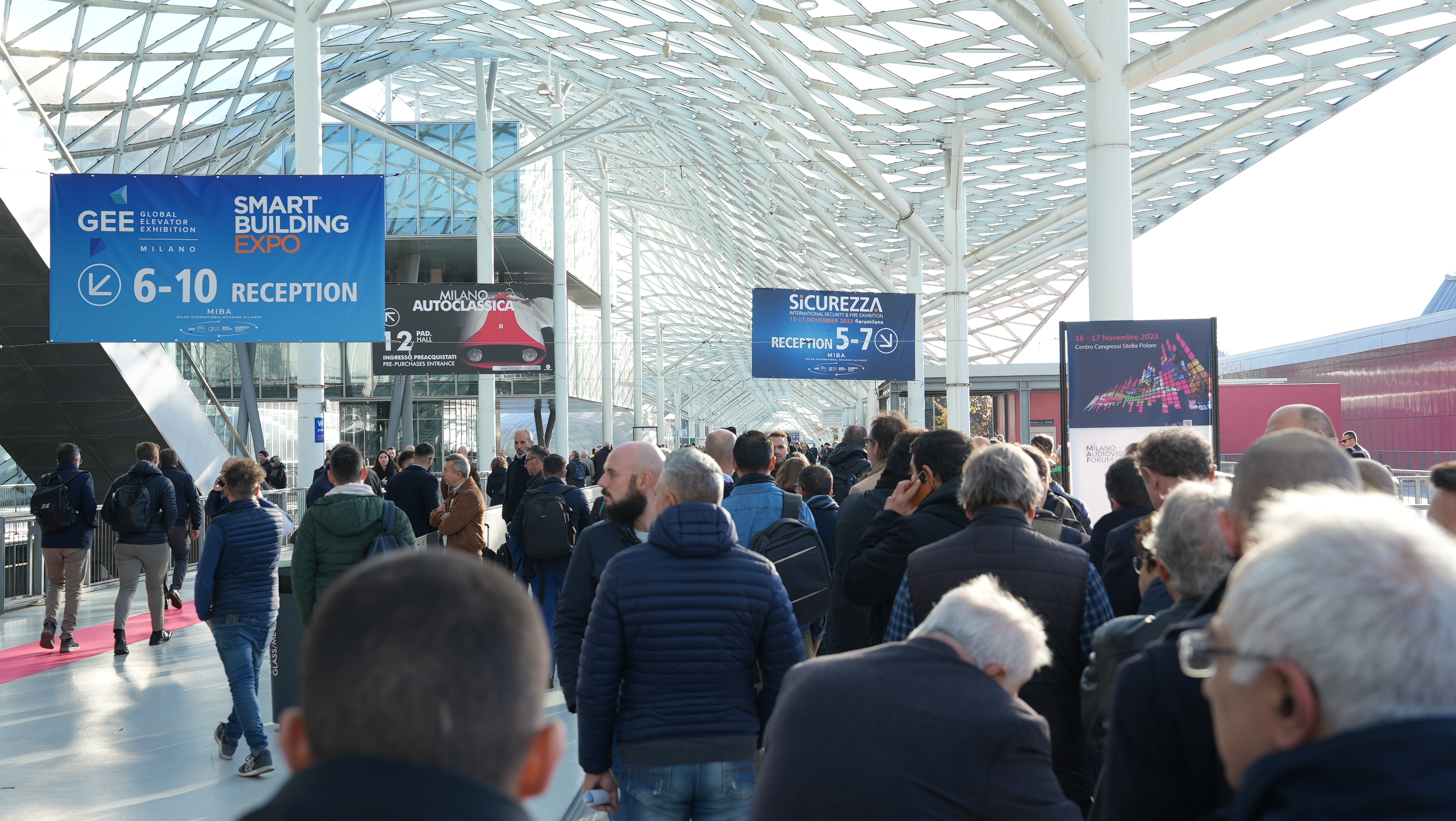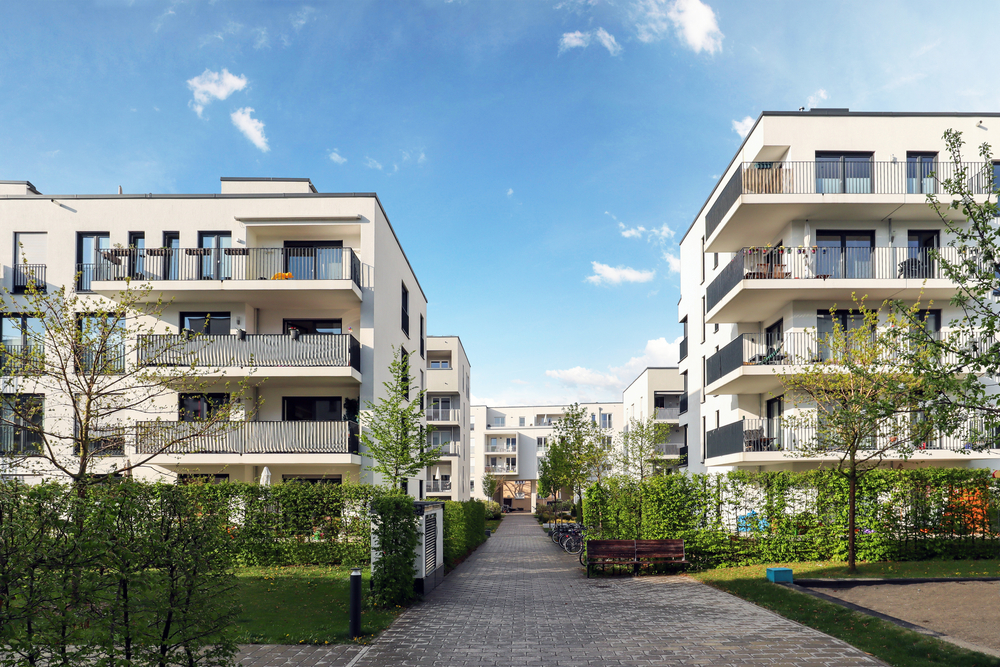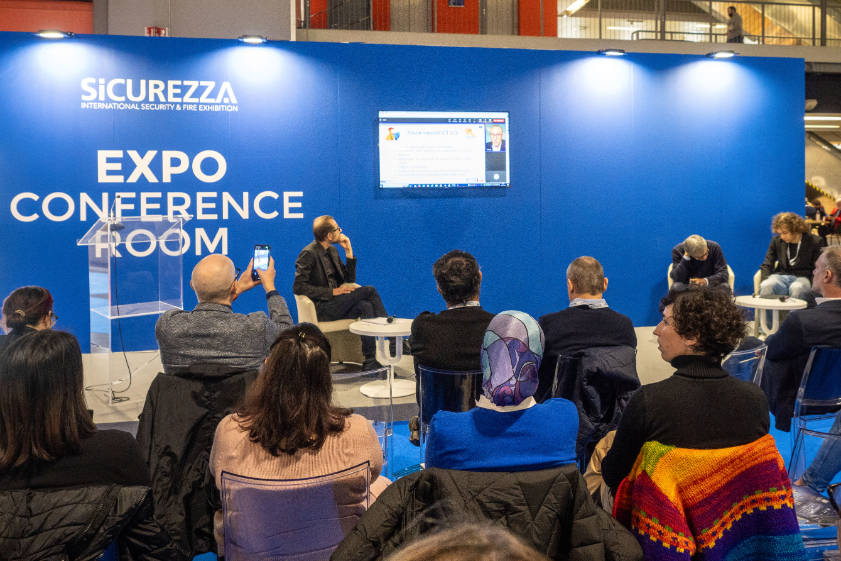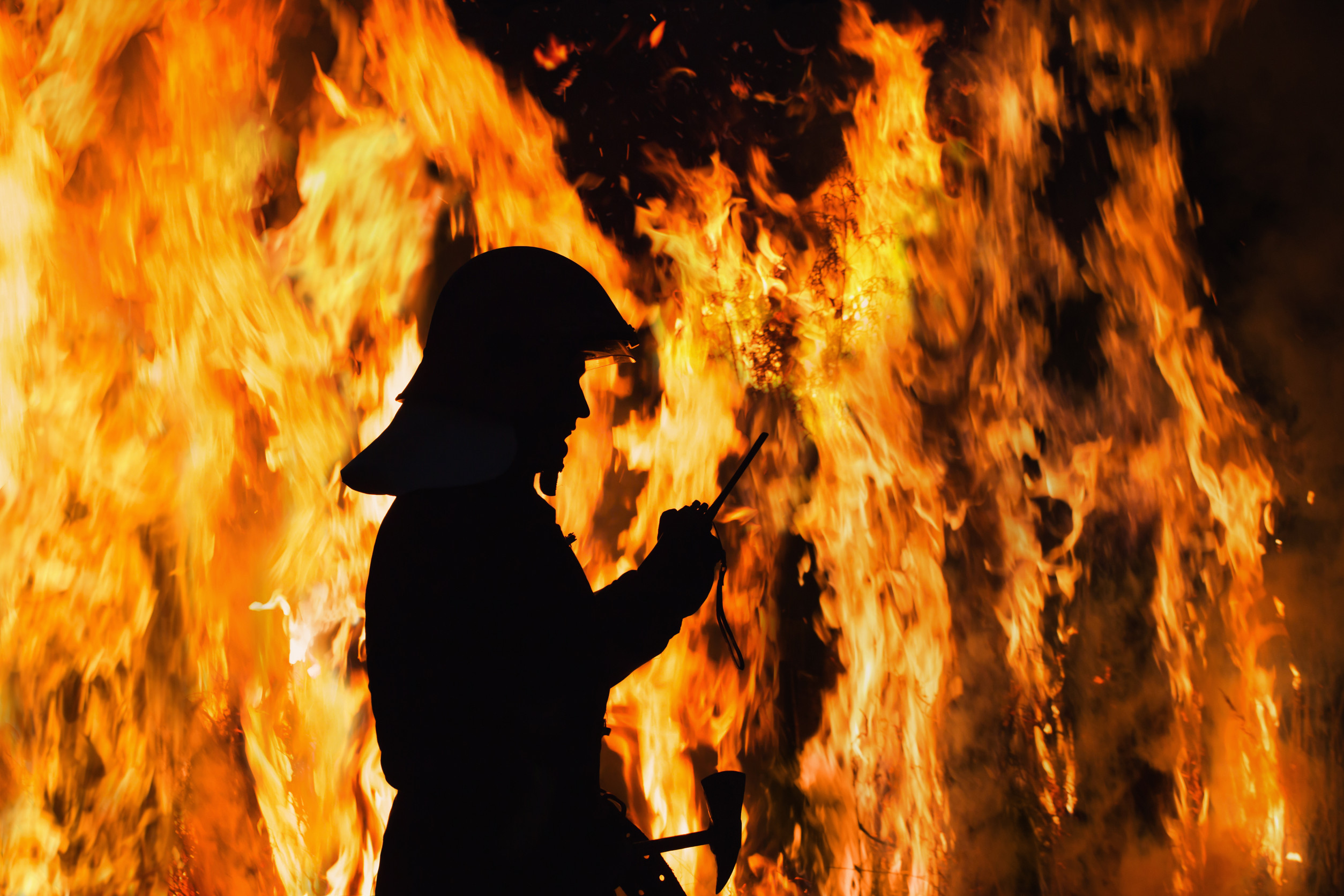Within the progressive growth of the security market from 2019 to date, the CCTV division is definitely leading the system (+18.2%), having experienced steady growth even in 2020, the year of the pandemic, when the demand for security technology was in fact in support of health emergencies.
Despite the fact that 2022 opened with quite a few geopolitical tensions and a consequent generalised economic recession, ANIE Sicurezza's expectations for the sector confirm in Italy the upward trend, validating once again the key role of video surveillance.
This was an important development. But how is the demand evolving and what are the areas of greatest application?
We spoke about this with three of the leading companies in the field, Dallmeier Italia, Hanwhua Techwin and Provision-ISR Italia, who, together with other leading brands, have already confirmed their presence at SICUREZZA 2023, confirming its role as a solid platform for further in-depth fieldwork in this sector.
According to Andrea Bernini, Sales Director Provision-ISR Italy, “an increasing variety of vertical markets show a growing need for video surveillance systems - retail, transport, education, government and finance that have integrated functionalities and a particular focus on data security.”
"Like all smart devices connected to the IoT, CCTV cameras are susceptible to cyber attacks and cyber criminals use increasingly sophisticated methods to access networks, data and resources with the aim of exploiting vulnerabilities and profiting from them. With such sensitive information to protect, CCTV manufacturers have a responsibility to maintain a proactive approach by securing their systems."
Provision-ISR has addressed this need,” Bernini says, “by entrusting the cyber security of its devices to a global cyber security giant, Check Point Software Technologies LTD, equipping its devices with Check Point Protect, an integrated runtime protection against the most sophisticated cyber attacks, which is fundamental today”.
Daniele Sisinio, Dallmeier Italy Director, also believes that Cyber Security is a pivotal element for the security market, especially for companies, in relation to the current geopolitical tensions. "From our point of view," - says Sisinio -"demand is naturally increasing, especially in the critical infrastructure sector, as the threat has changed, especially in this area due to the latest geopolitical upheavals." Such tensions, according to Sisinio, can affect market flows: “There is a shift towards Western suppliers, as more and more B2B customers want to be sure that the products meet the highest Cyber Security requirements and that the solutions used are produced with the highest sustainability requirements”.
Finally, Uri Guterman, Head of Product & Marketing for Hanwha Techwin Europe, points out that, thanks to the increasing popularity of AI, deep learning and machine learning solutions, there is an increasing use of video analytics in retail. Gaining a better understanding of customer purchasing behaviour, the effectiveness of promotions and product positioning, and ensuring customer satisfaction are all key aspects of retail operations. Analysis of age and gender, for example, helps retailers target marketing campaigns, while statistics on people count, queue times and occupancy help make staffing and facility management decisions. Smart City solutions are also increasingly in demand and widespread, as they can consolidate everything from various sensors and cameras in a city to improve traffic management, accident detection, urban planning and generally provide increasingly useful services for citizens." Therefore, given the ubiquity of these systems, for Guterman, too, an increasing focus on IT security becomes essential: "Compliance indicators such as NDAA, ISO27001, Cyber Essentials, Secure by Default and UL CAP, and edge devices (which can perform certain analyses within the device itself instead of sending them back to a server) are becoming increasingly sought after in the security industry."
Therefore, faced with the role of cameras today - increasingly part of an intelligent and connected system that can interface with any type of service or threat, from the physical to the virtual - we asked our interviewees what role video analytics and artificial intelligence solutions play in the development of the sector.
For Andrea Bernini of Provision "Artificial intelligence and deep learning have become an integral part of IP video surveillance and will continue to dominate the security market. These, in fact, in addition to making a CCTV system more efficient (by reducing false alarms and consequently operating costs), have enabled the different systems to 'talk' and integrate with each other in areas as diverse as smart retail and industrial automation".
Thus, the future of the sector, adds Bernini, is integration; an issue also highlighted by Daniele Sisinio, of Dallmeier, who emphasises the importance of the latter, together with the quality of the applications used, for more efficient intervention: "We see how many useful applications, for example, for counting or preventing false alarms improve target security or streamline processes. However, it should not be forgotten that the quality of the 'input data' significantly influences the quality of the analysis results. Therefore, the quality of the cameras and the way they capture the object space remain key components. And we should say goodbye, at least for the foreseeable future, to the idea that there will be fully autonomous video analysis systems - analogous to autonomous driving."
For Guterman, Artificial Intelligence of Things (AIoT) in video surveillance combines the best of two worlds, AI video analytics and the Internet of Things, turning CCTV cameras into intelligent devices that are no longer limited to security applications. The proliferation of IoT devices and the fact that artificial intelligence is increasingly being performed on board cameras means that video surveillance will play an important role in cities, for instance to improve traffic flow or to monitor water levels in flood-prone areas by integrating cameras with environmental sensors, such as rain gauges. When it comes to building automation, cameras play a key role, working together with HVAC and lighting systems to intelligently adjust the environment according to occupancy. Given the growing green push, the ability to reduce energy consumption is an important initiative within environmentally conscious companies, and IoT security devices help to achieve this."
Therefore, digitisation remains a strategic element for the industry, which, overall is increasingly driving the offer of integrated systems and customised solutions.







